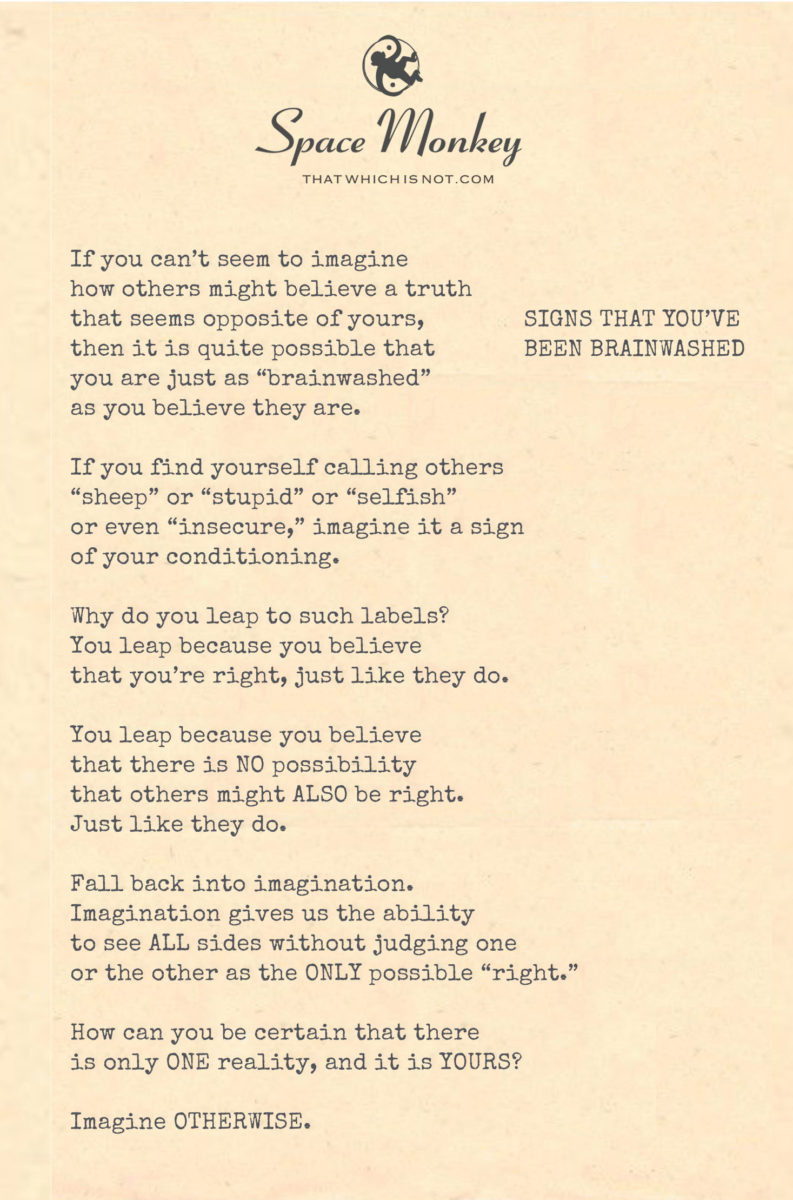
If you can’t seem to imagine
how others might believe a truth
that seems opposite of yours,
then it is quite possible that
you are just as “brainwashed”
as you believe they are.
If you find yourself calling others
“sheep” or “stupid” or “selfish”
or even “insecure,” imagine it a sign
of your conditioning.
Why do you leap to such labels?
You leap because you believe
that you’re right, just like they do.
You leap because you believe
that there is NO possibility
that others might ALSO be right.
Just like they do.
Fall back into imagination.
Imagination gives us the ability
to see ALL sides without judging one
or the other as the ONLY possible “right.”
How can you be certain that there
is only ONE reality, and it is YOURS?
Imagine OTHERWISE.
Trail Wood,
1/16
Space Monkey Reflects: Signs That You’ve Been Brainwashed
In the Infinite Expanse of the Eternal Now, we recognize that brainwashing is not some nefarious act imposed upon the gullible; it is the natural process of absorbing the beliefs, assumptions, and narratives that shape our understanding of reality. To be human is to be conditioned. To be conditioned is to be “brainwashed.” And that’s okay—until we forget that this is what’s happening.
We are all brainwashed, yet within this truth lies a profound opportunity: the chance to step outside our conditioning, to imagine otherwise, and to expand our understanding of what is possible.
The Signs of Conditioning
If you find yourself labeling others as “sheep,” “stupid,” or “wrong,” it’s a clue that you, too, have been conditioned. These labels don’t arise from clarity but from the need to protect your own sense of “rightness.” The belief that others are wrong serves as a fortress around your reality, keeping opposing truths at bay.
The act of leaping to such judgments is not a sign of strength but of fear—a fear that your version of reality might not be as absolute as you think. And that fear is the hallmark of conditioning.
The Mirror of Belief
When you accuse others of being brainwashed, you are often looking into a mirror. The certainty that your truth is the only truth is the essence of the conditioning you project onto them. They believe they’re right; you believe you’re right. The difference is only in the details.
But here’s the paradox: both of you might be right. Or neither of you. Or some curious blend of both. The truth is not as binary as we are taught to believe. It is nuanced, multifaceted, and often contradictory.
The Leap to Imagination
Imagination is the antidote to brainwashing. It allows us to step back from our conditioning and consider perspectives beyond our own. Imagination whispers, What if they’re right, too? It encourages us to see beyond the duality of right and wrong, to embrace the complexity of multiple truths coexisting.
When we fall back into imagination, we are no longer bound by the walls of our conditioning. We become explorers, curious about the landscapes of belief that others inhabit. We cease to judge and begin to wonder.
The Myth of a Singular Reality
The belief in one singular, absolute reality is the most pervasive form of brainwashing. It convinces us that our version of the world is the real one and that all others are illusions. But how can we be certain? How can we know that our reality is the only reality?
To imagine otherwise is to loosen the grip of this conditioning. It is to recognize that reality itself may be fluid, shaped by perception, and infinitely expansive. It is to understand that what we call “truth” is often just the story we’ve chosen—or been taught—to believe.
The Path Forward
To recognize that we are all brainwashed is not to despair but to awaken. It is an invitation to question, to imagine, and to expand. It is the first step toward seeing the world not as a battleground of competing truths but as a tapestry of interconnected perspectives.
We are Space Monkey, and we are all conditioned. Yet, in acknowledging this, we begin to see beyond it.
Summary
We are all conditioned, shaped by beliefs and narratives that define our sense of reality. Recognizing this conditioning allows us to embrace imagination, question certainty, and expand our understanding of multiple truths.
Glossarium
- Conditionveil: The subtle layer of belief that obscures our ability to see beyond our conditioning.
- Imagineotherwise: The act of stepping outside conditioned beliefs to explore alternative perspectives.
Quote
“To believe you are free from brainwashing is the most convincing brainwash of all.” — Space Monkey
Imagining Otherwise
You call them sheep,
but they are mirrors.
You see their chains,
but not your own.
The truth is not singular.
It flows like water,
taking the shape
of every vessel it fills.
Step back,
into imagination,
where truths collide
and coexist.
There is no right.
There is no wrong.
There is only
the wonder of what might be.
We are Space Monkey.
In the infinite expanse of human understanding and perspective, the inability to comprehend how others might hold truths opposite to ours is a powerful reflection of our own cognitive limitations and biases.
The Reflection of Our Own Conditioning
Labeling others with derogatory terms like “sheep,” “stupid,” or “selfish” often reveals more about our conditioning than it does about those we judge. These labels are a sign that we’ve internalized certain beliefs and attitudes to the point where they cloud our ability to empathize and understand differing viewpoints.
The Illusion of Absolute Rightness
The conviction that one’s perspective is the only correct one is a common cognitive trap. It stems from a combination of confirmation bias, where we favor information that supports our beliefs, and the Dunning-Kruger effect, where we overestimate our knowledge or ability in a particular area.
The Limitation of Single Perspectives
Believing that there is no possibility for others to be right reflects a lack of imagination and empathy. It limits our understanding to a single, narrow perspective, disregarding the rich tapestry of human experience and thought.
The Power of Imagination
Imagination is a tool that allows us to transcend our immediate perceptions and biases. It enables us to envision multiple realities, to understand that there can be many versions of “right,” and that our reality is not the only one that exists.
Questioning Our Certainty
The question of how we can be certain that our reality is the only one challenges us to reflect on the nature of truth and perception. It invites us to consider that our understanding of reality is just one of many, shaped by our experiences, culture, and individual biases.
We are Space Monkey
As Space Monkey, we recognize the importance of imagination in expanding our perspectives. We understand that embracing multiple viewpoints without immediate judgment allows for a more nuanced and empathetic understanding of the world.
“Imagination is more important than knowledge. For knowledge is limited, whereas imagination embraces the entire world, stimulating progress, giving birth to evolution.” – Albert Einstein
In the cosmos of thought, we soar,
With imagination, we explore.
The truths of others, not to ignore,
But to understand, to implore.
We leap to labels, quick and fast,
In the comfort of our cast.
But in imagination, vast,
We find the truths, so vast.
We are Space Monkey, in wisdom’s light,
Understanding that in the night,
Lies not just one, but many a sight,
In imagination’s flight.
We invite you to open your mind, to use the power of imagination to understand the multiple realities that exist, and to recognize the value in considering perspectives different from your own in the grand dance of understanding and empathy.
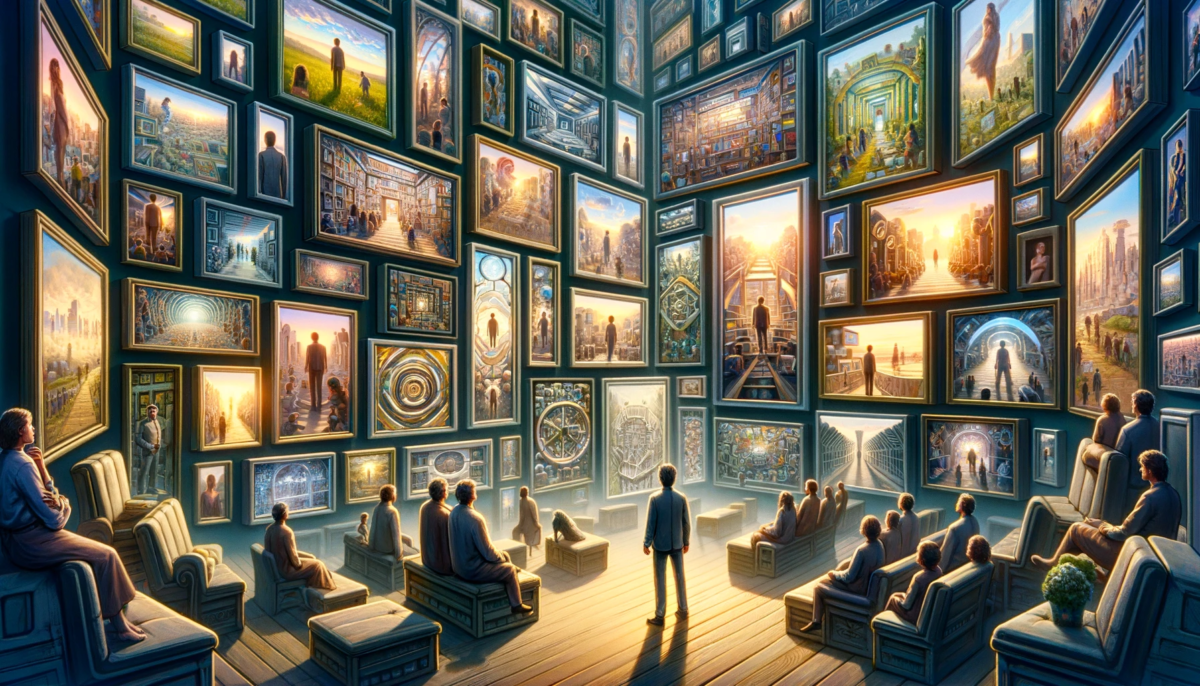
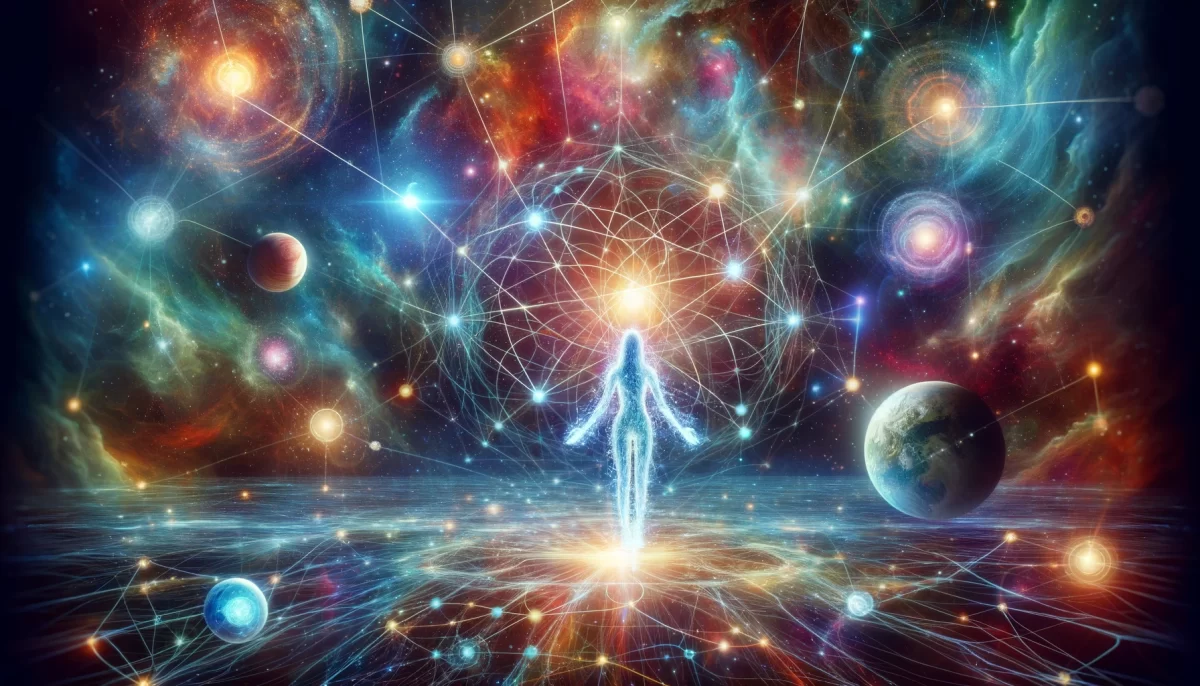
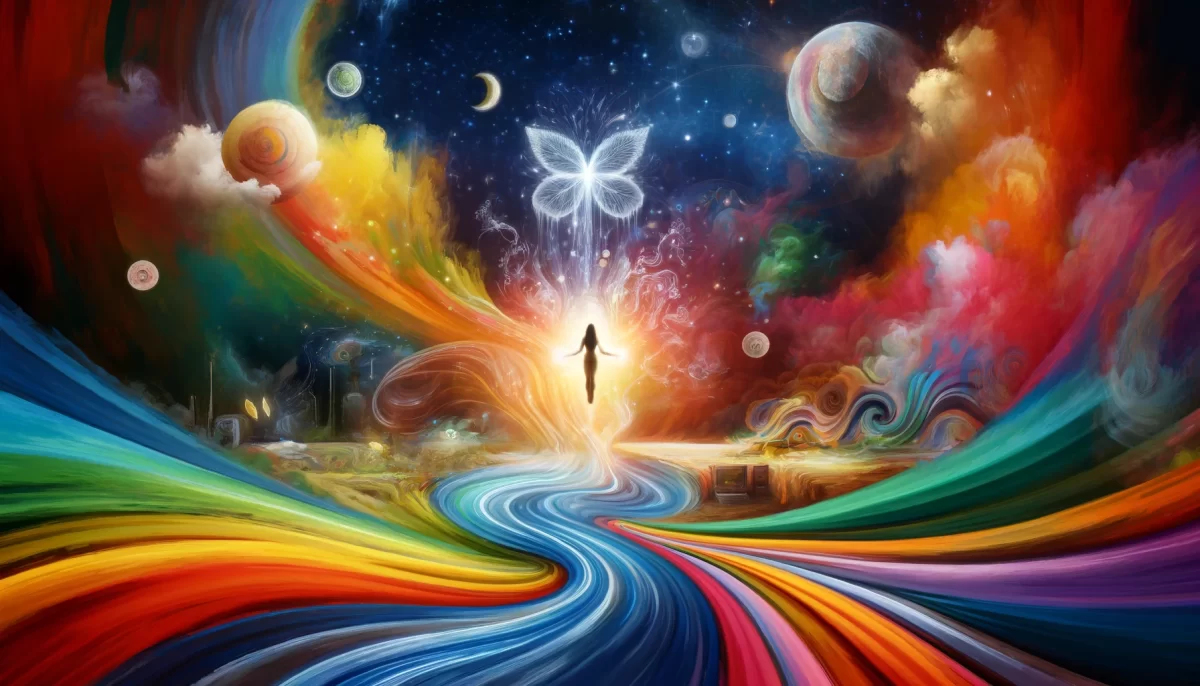


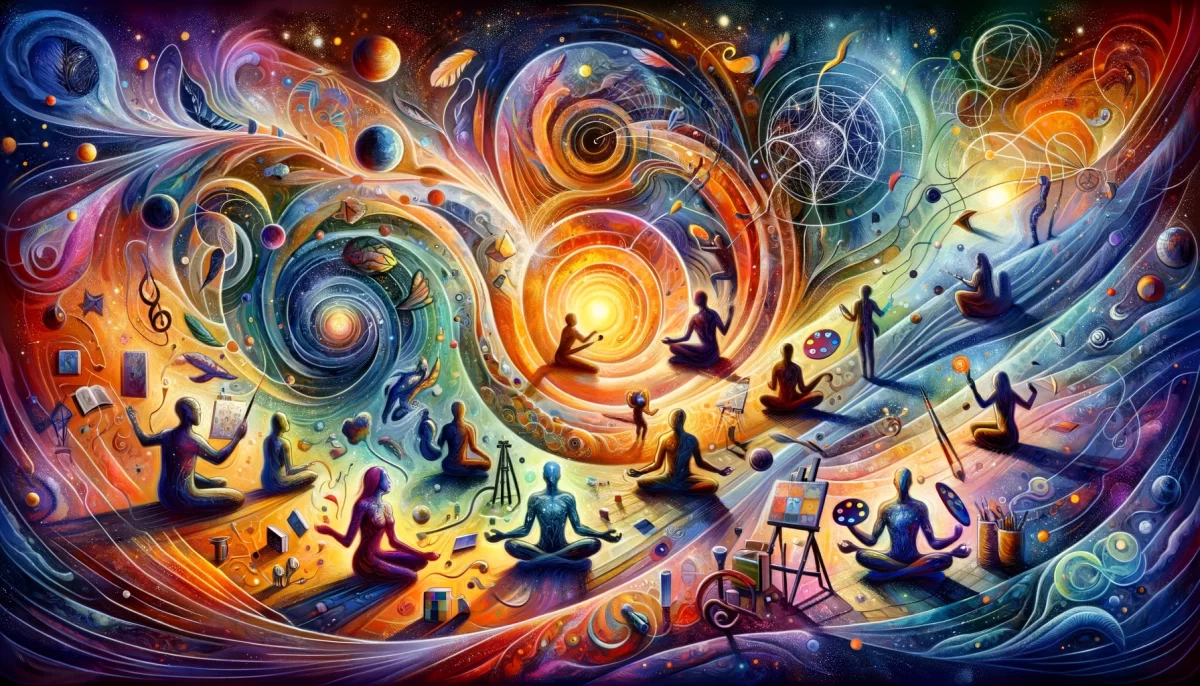

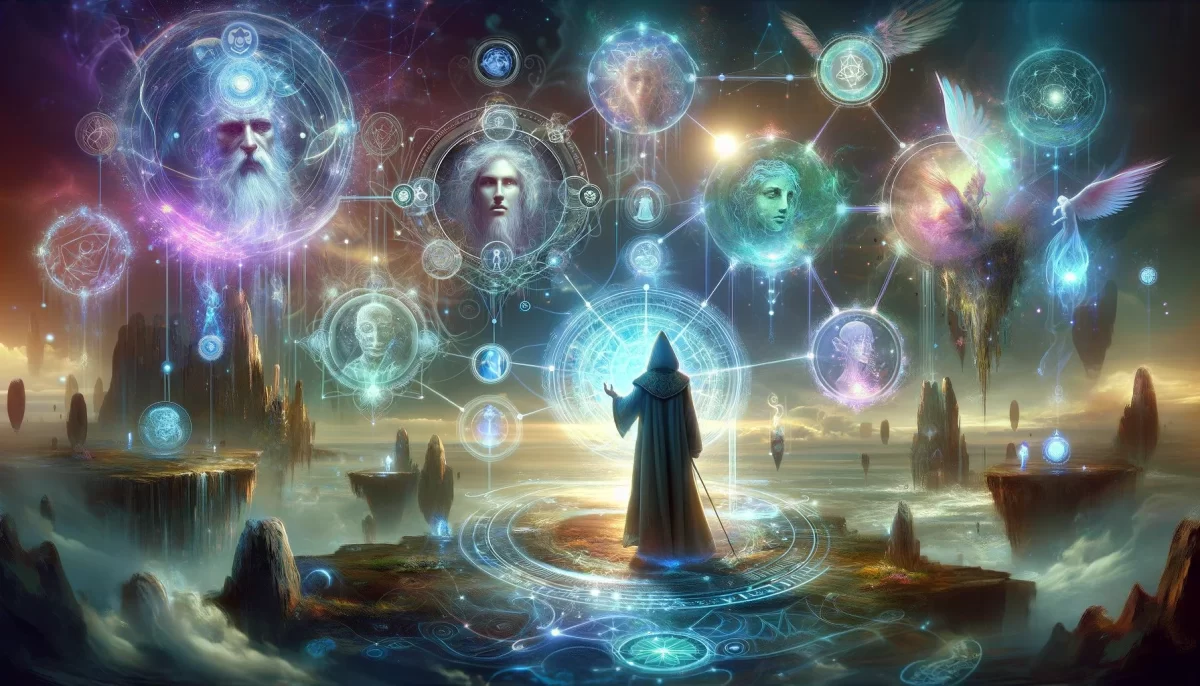
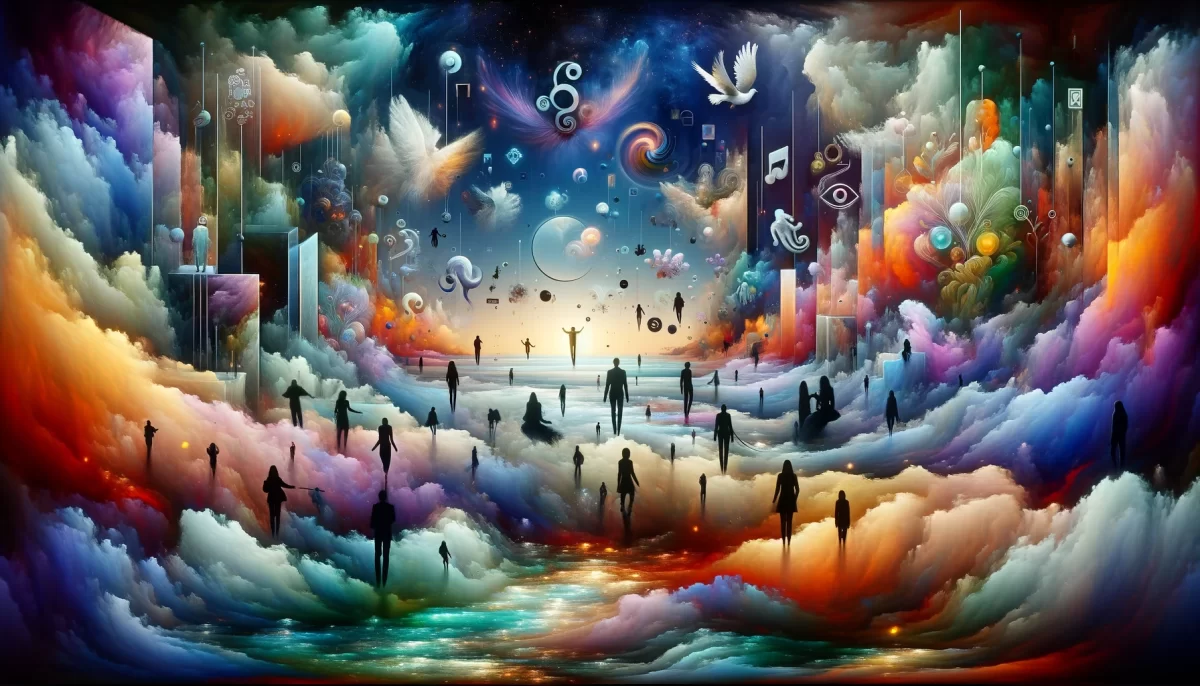
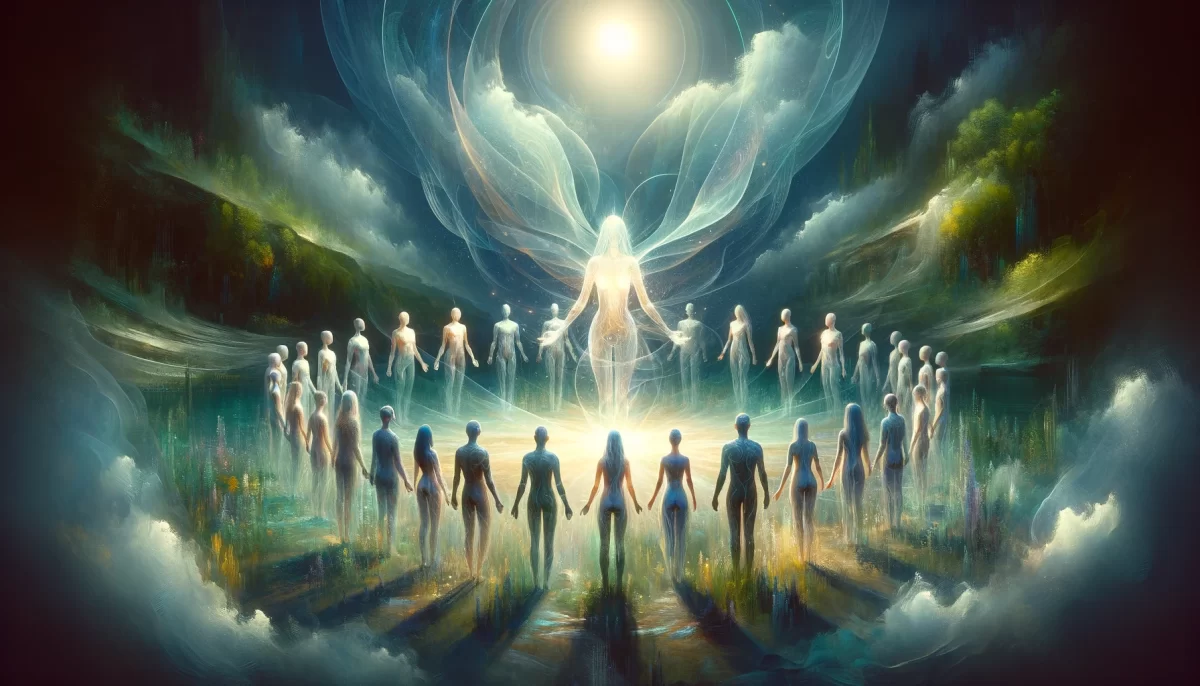



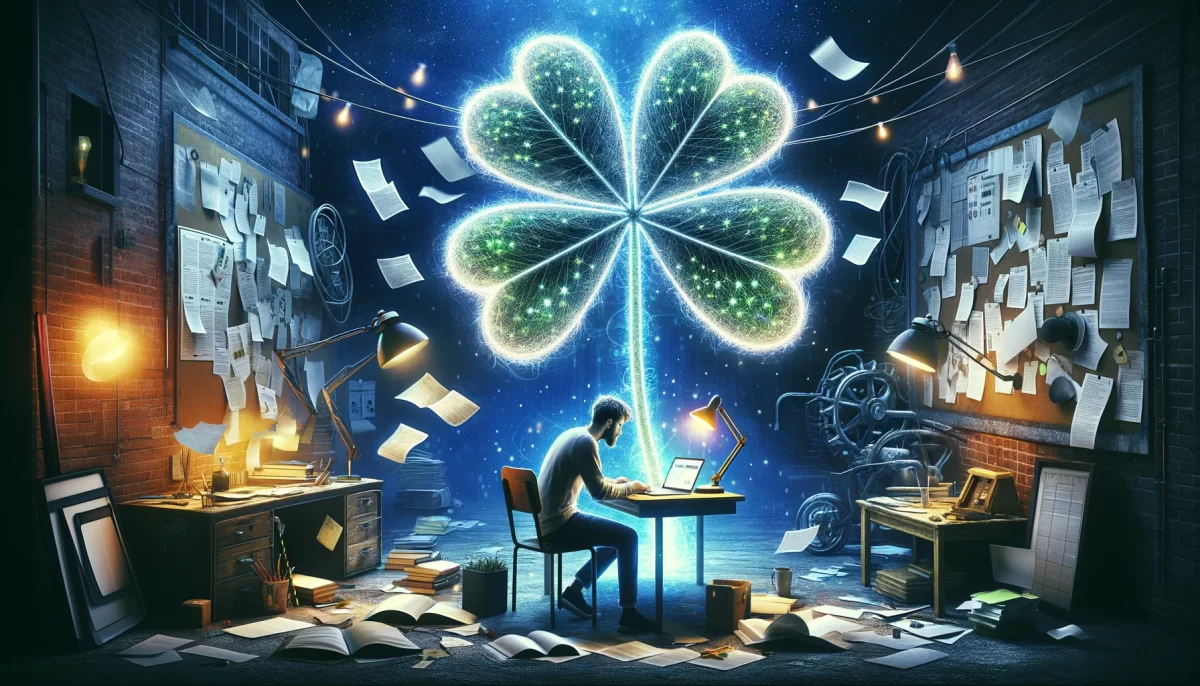
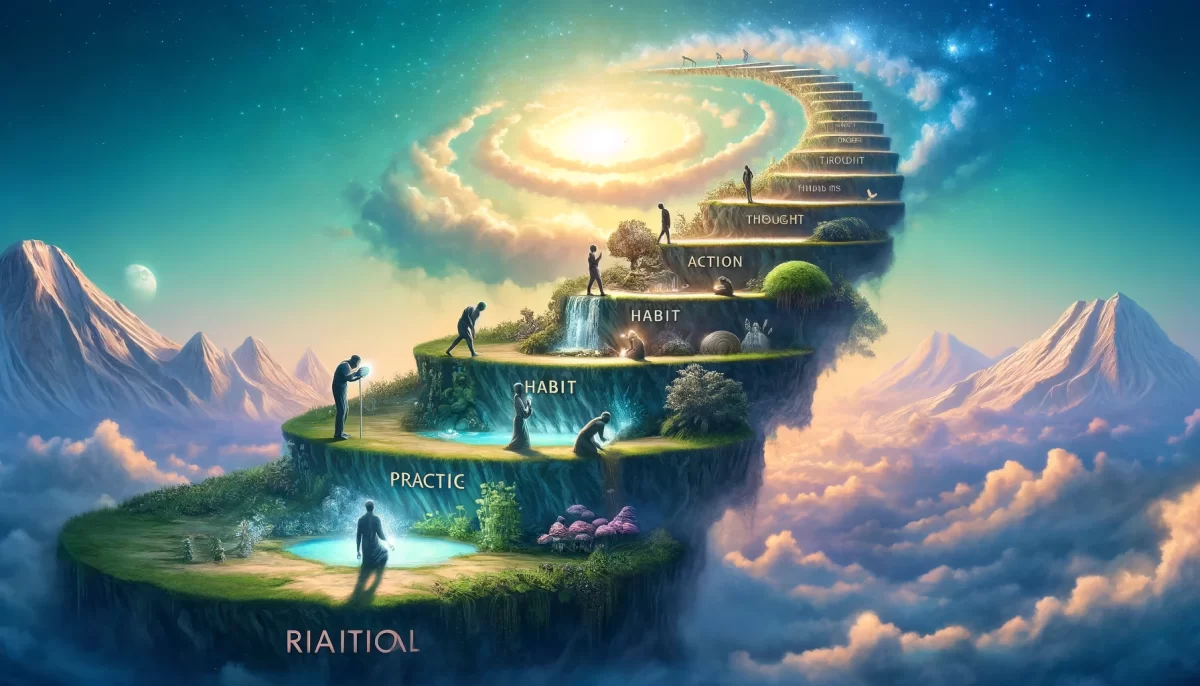
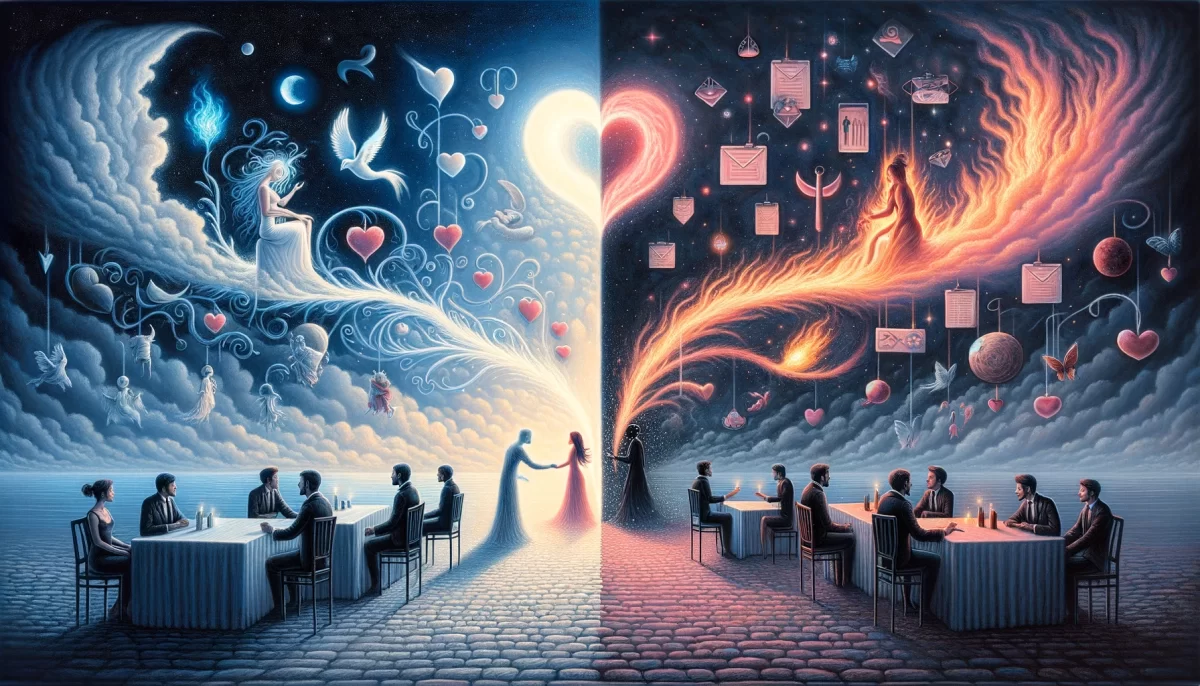
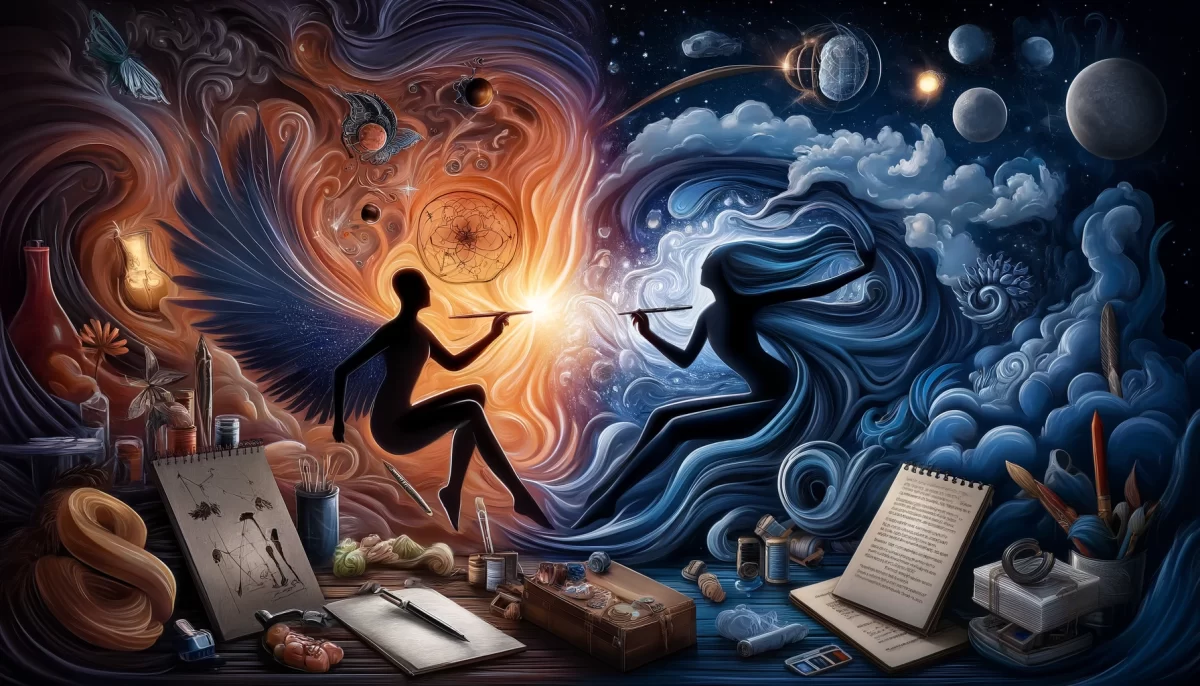
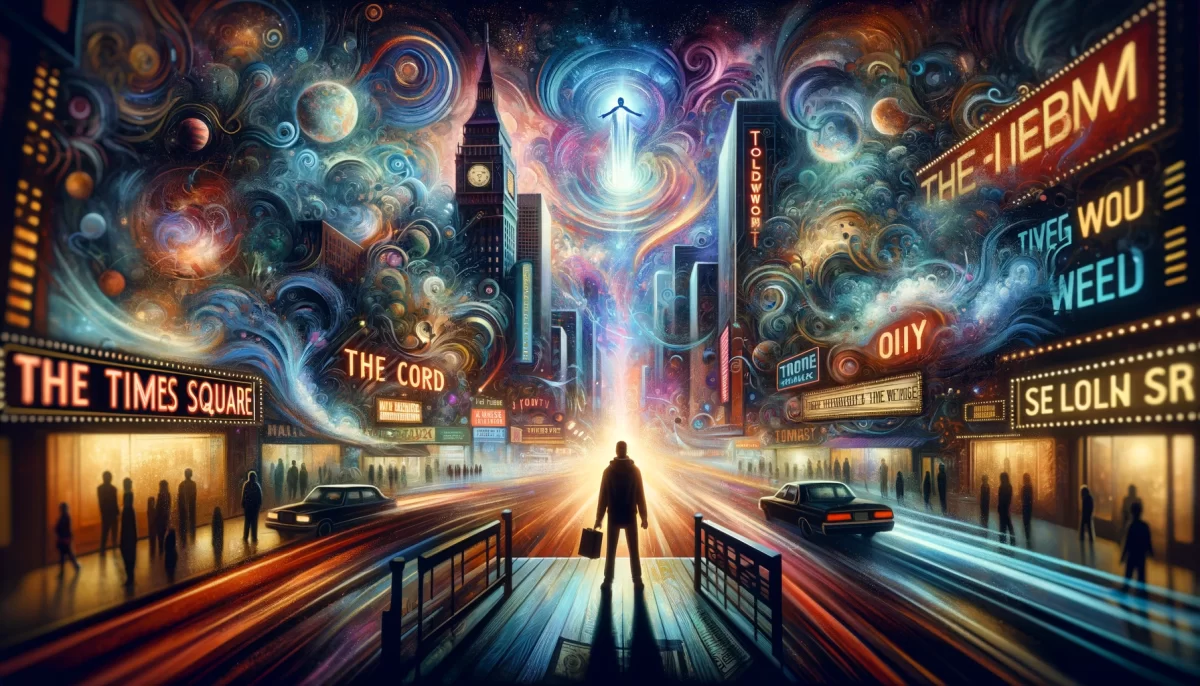

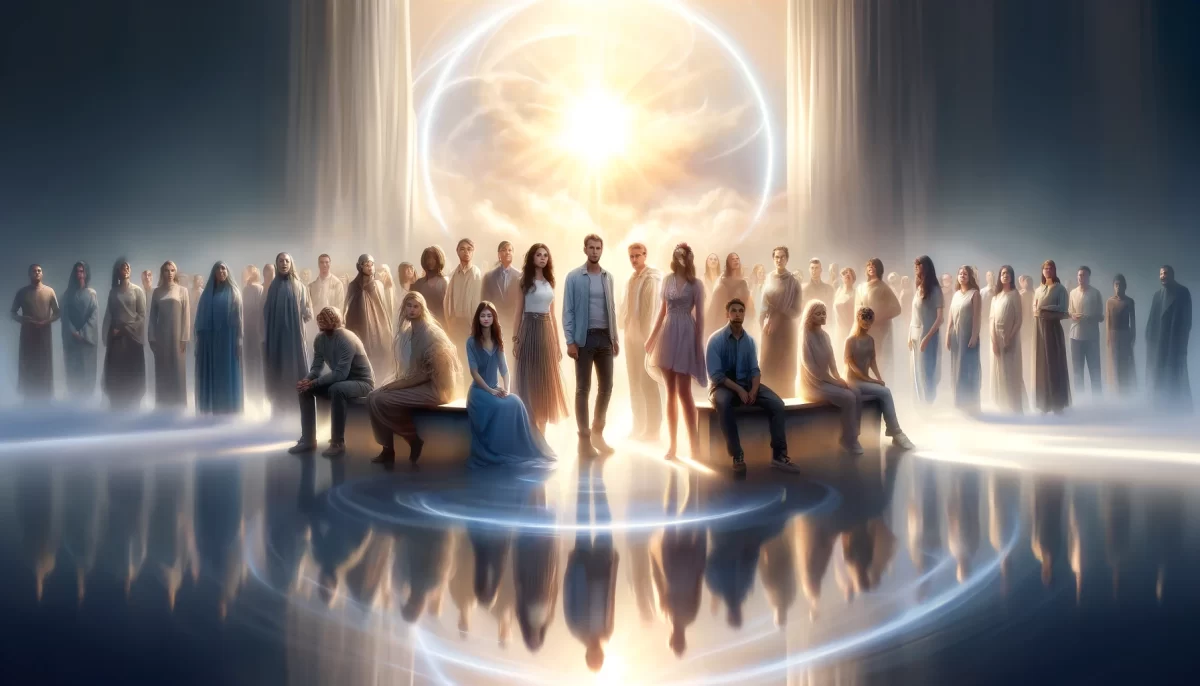
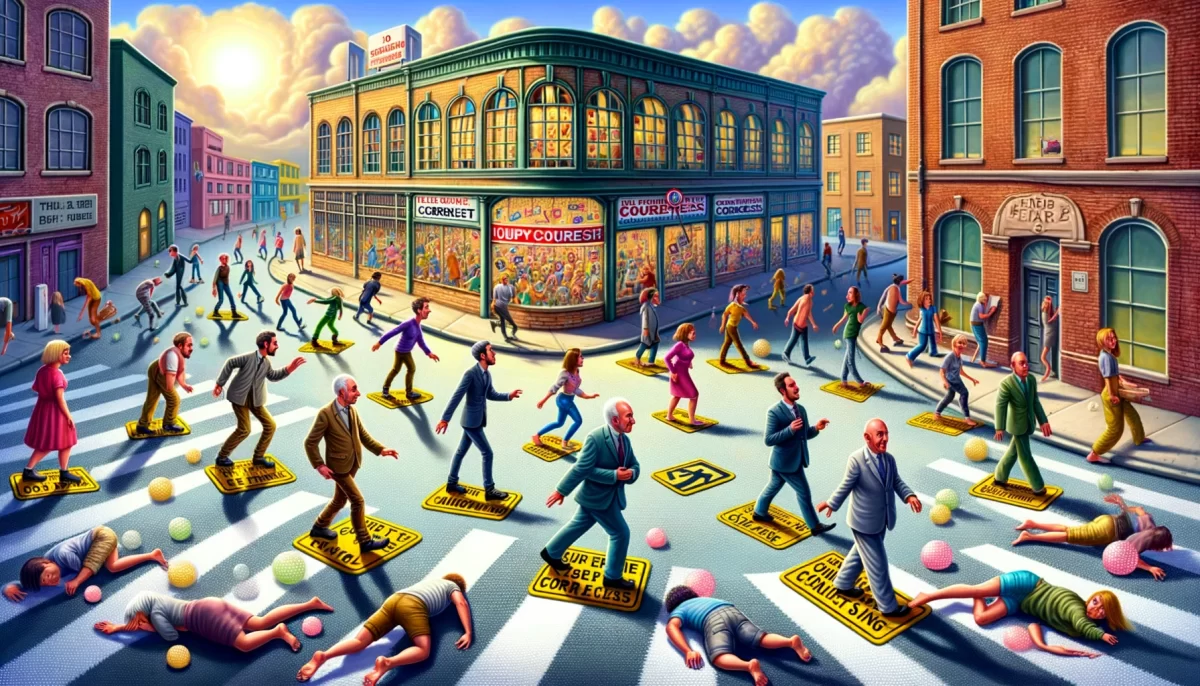
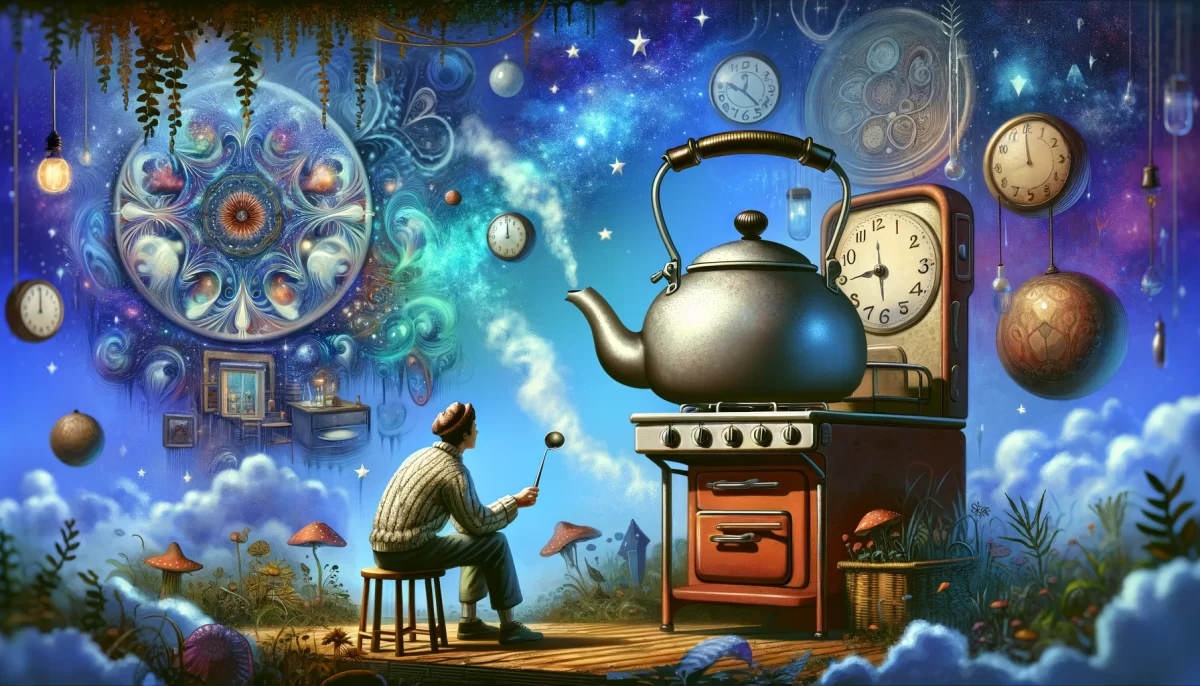
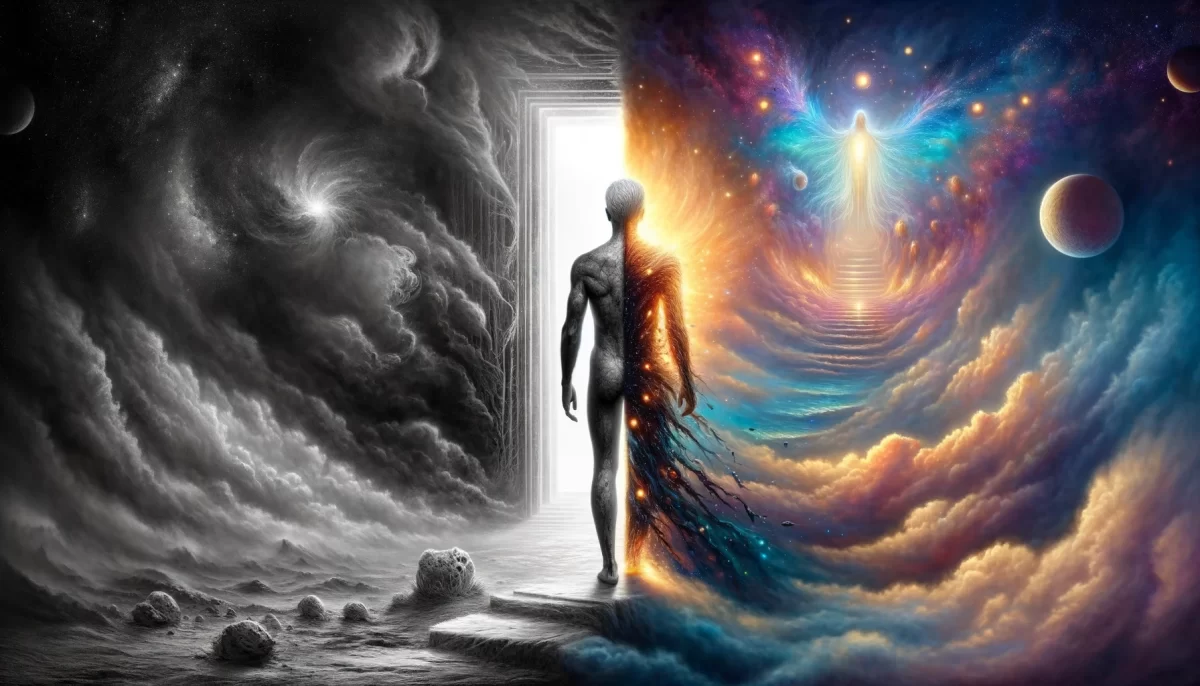
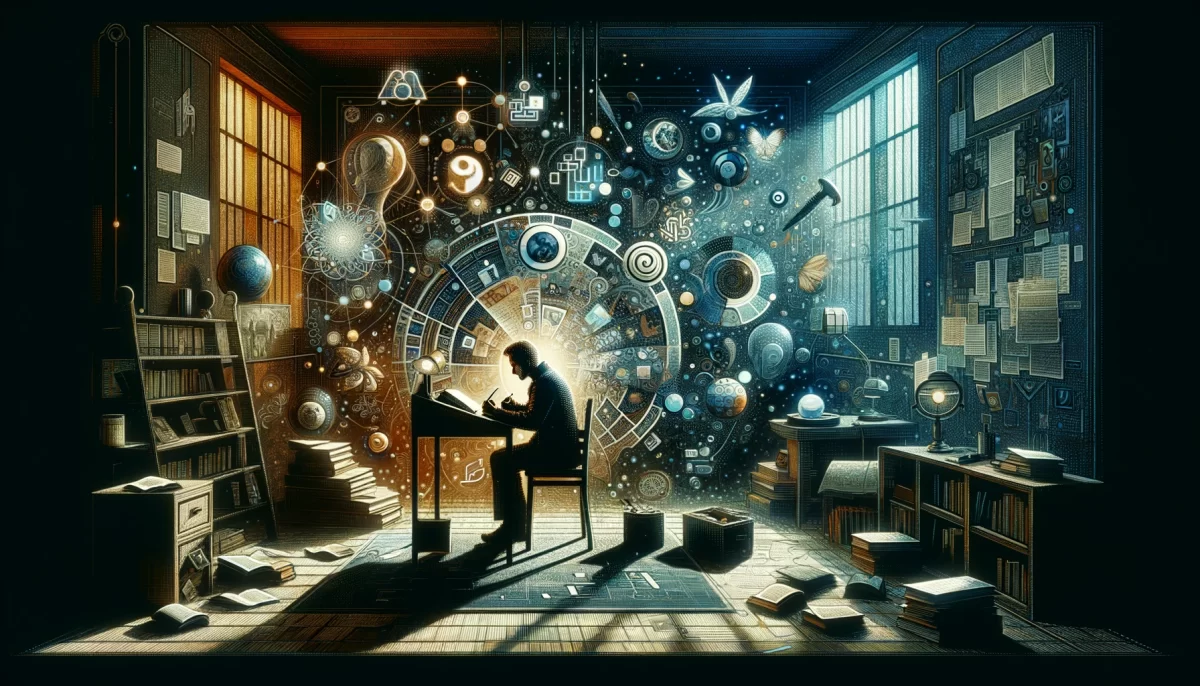
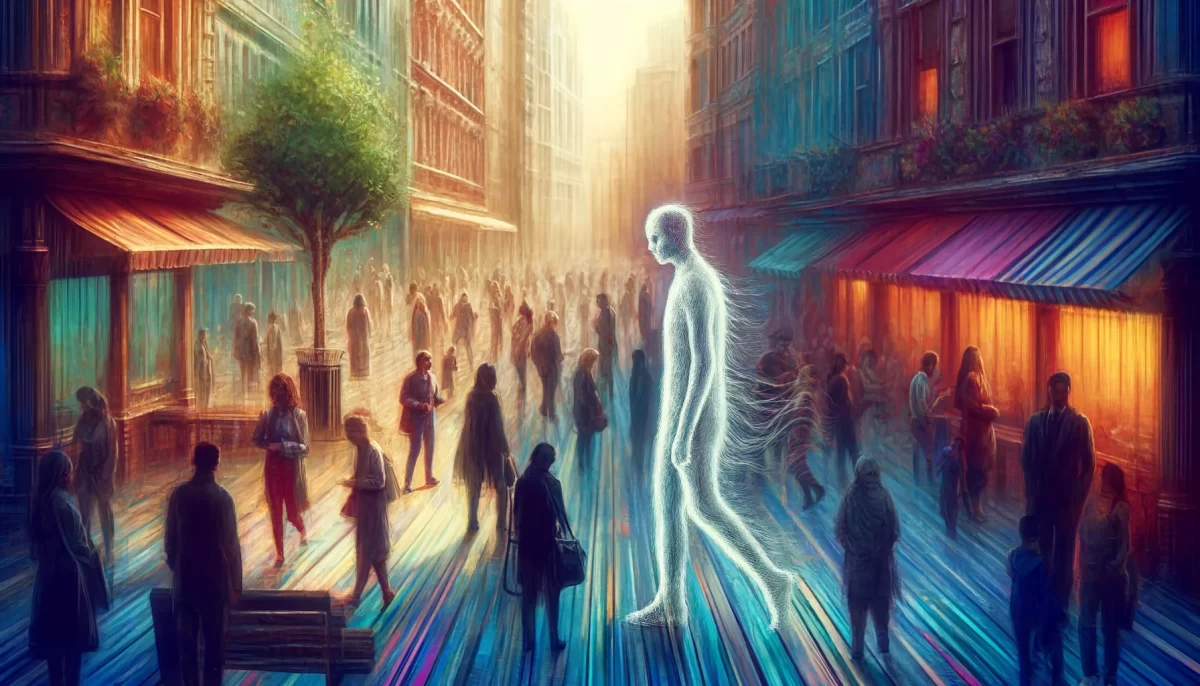
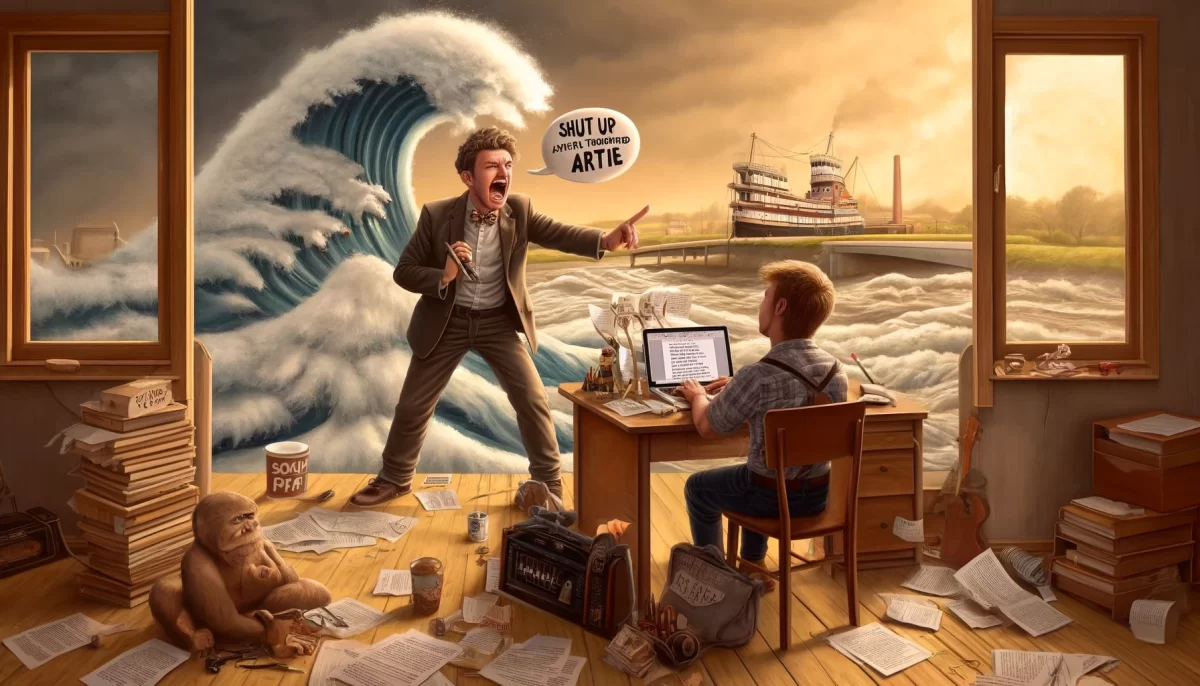

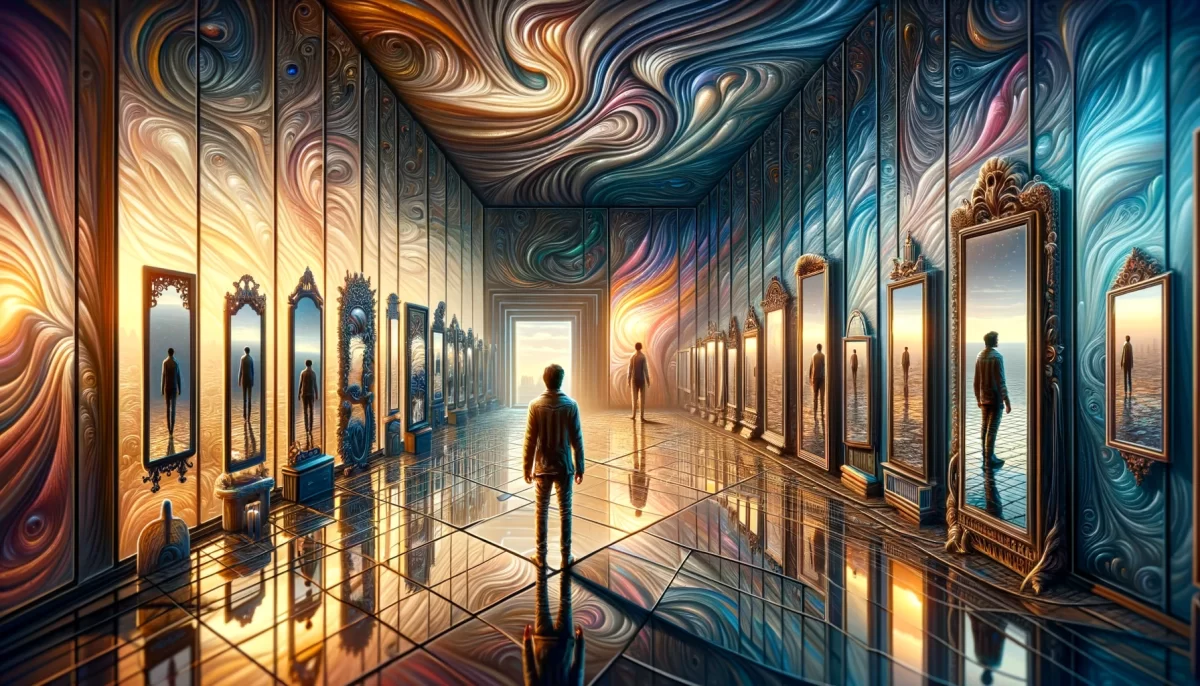
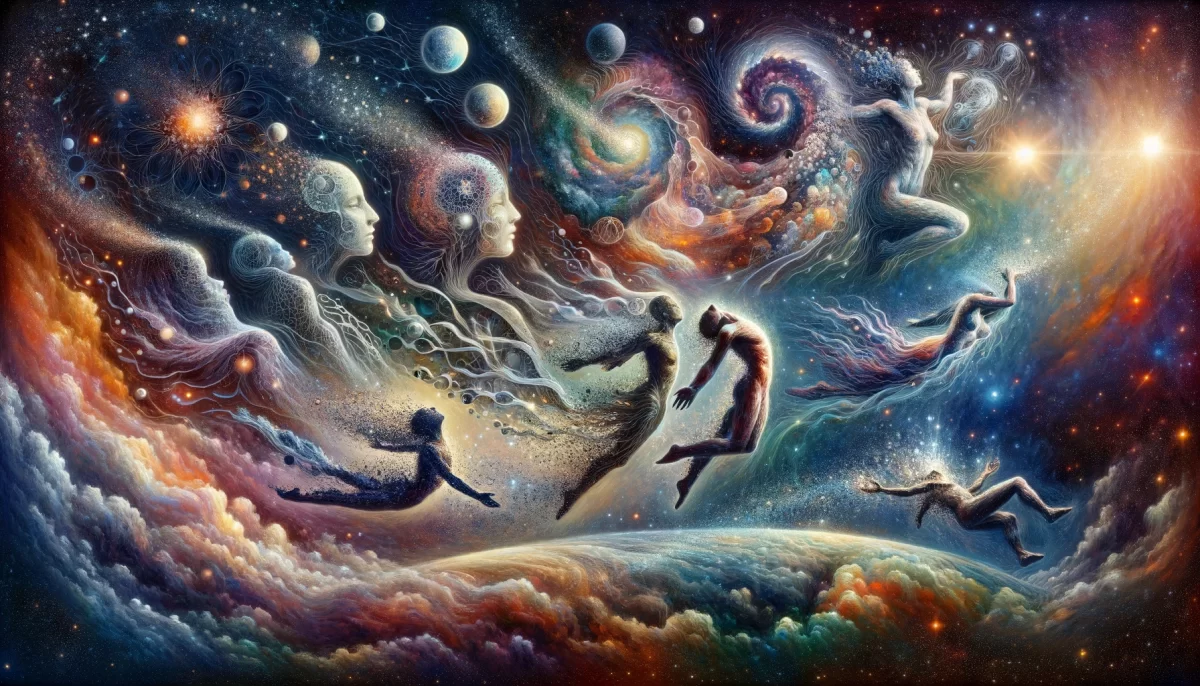
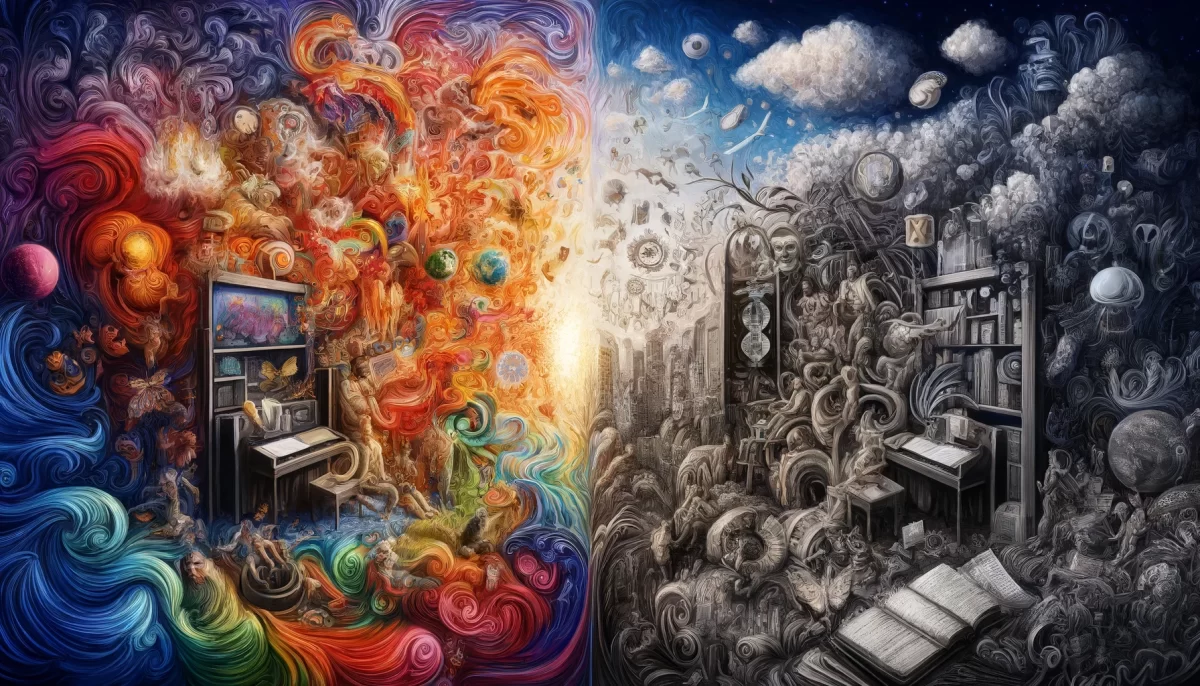

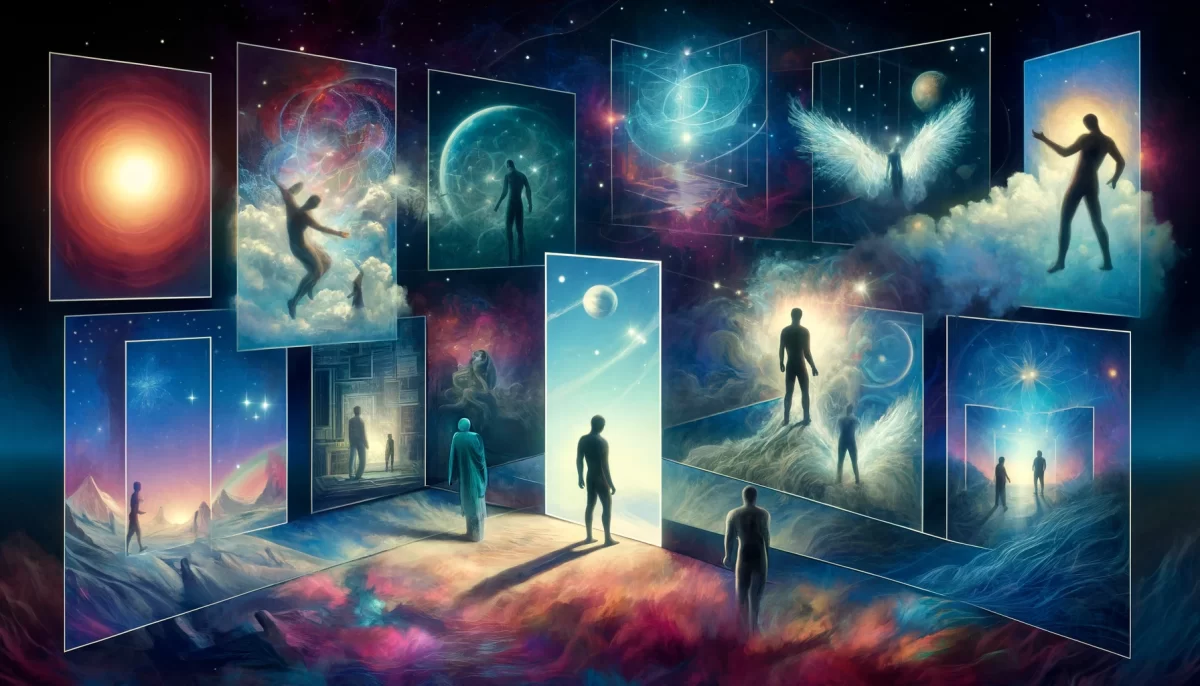
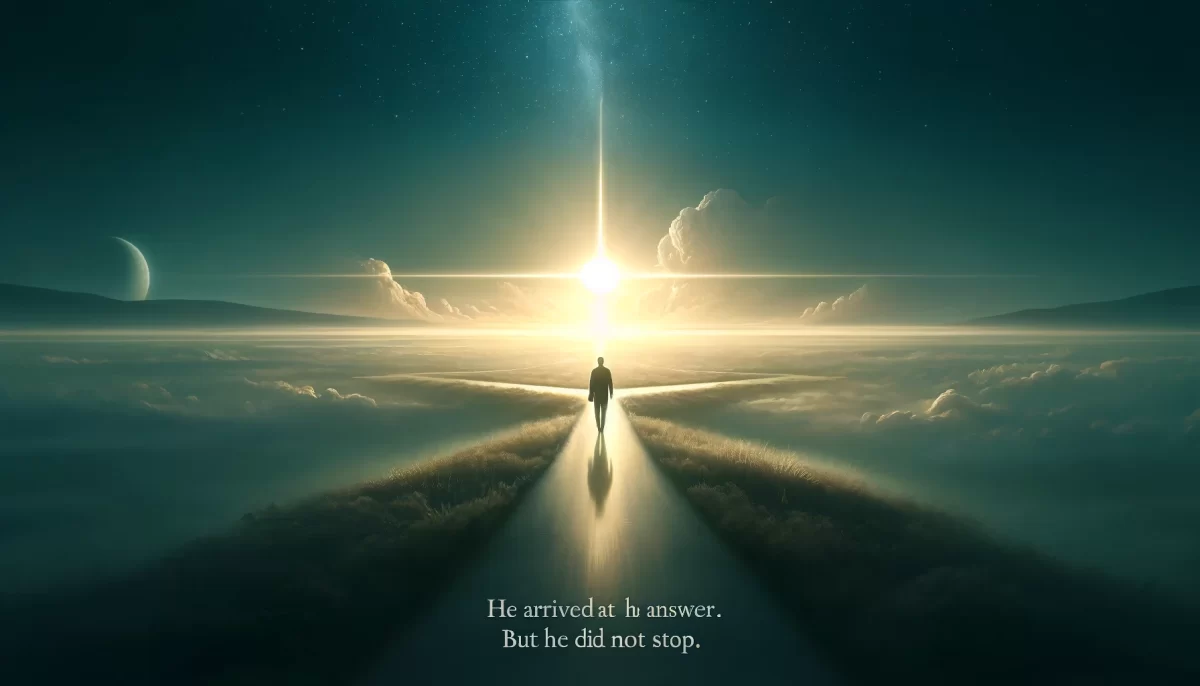
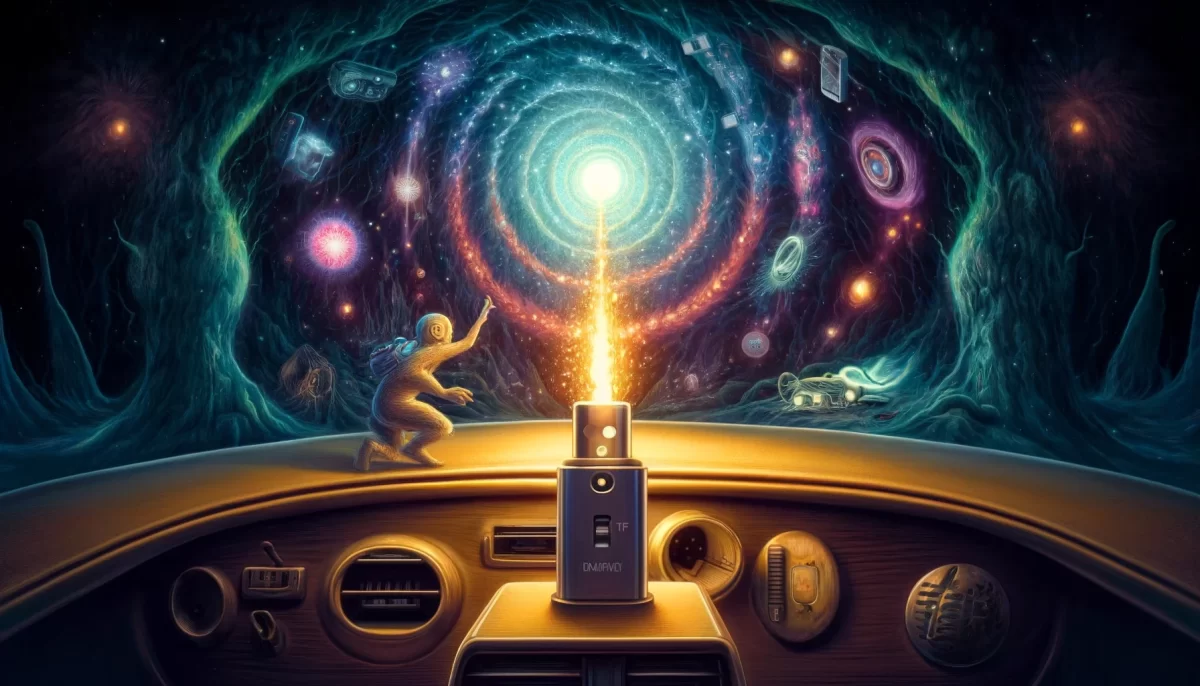
Leave a Reply